23 GPTs for Research Editing Powered by AI for Free of 2025
AI GPTs for Research Editing are advanced computational tools that leverage Generative Pre-trained Transformers to assist in the editing and refinement of research documents. These tools are crafted to support tasks ranging from grammar correction to the structuring of complex scientific arguments. By utilizing the capabilities of GPTs, they offer tailored solutions that enhance the quality of research output, making them indispensable in the domain of scholarly communication. Their relevance is underscored by their ability to understand and process technical language, adapt to various research contexts, and provide suggestions that align with the conventions of academic writing.
Top 10 GPTs for Research Editing are: Academic Reframer - Anti Plagiarism,Academic Paper Writing Assistant,Academic Paragraph Refiner,Corrector de Informes,Paper Revision Pro,中文学术论文润色助手,学术论文优化器,Academic Writing Enhancer,Academic Writing Refiner,Academic Paraphraser
Academic Reframer - Anti Plagiarism
AI-powered reframing for plagiarism-free writing.

Academic Paper Writing Assistant
Elevate Your Research with AI-Powered Precision
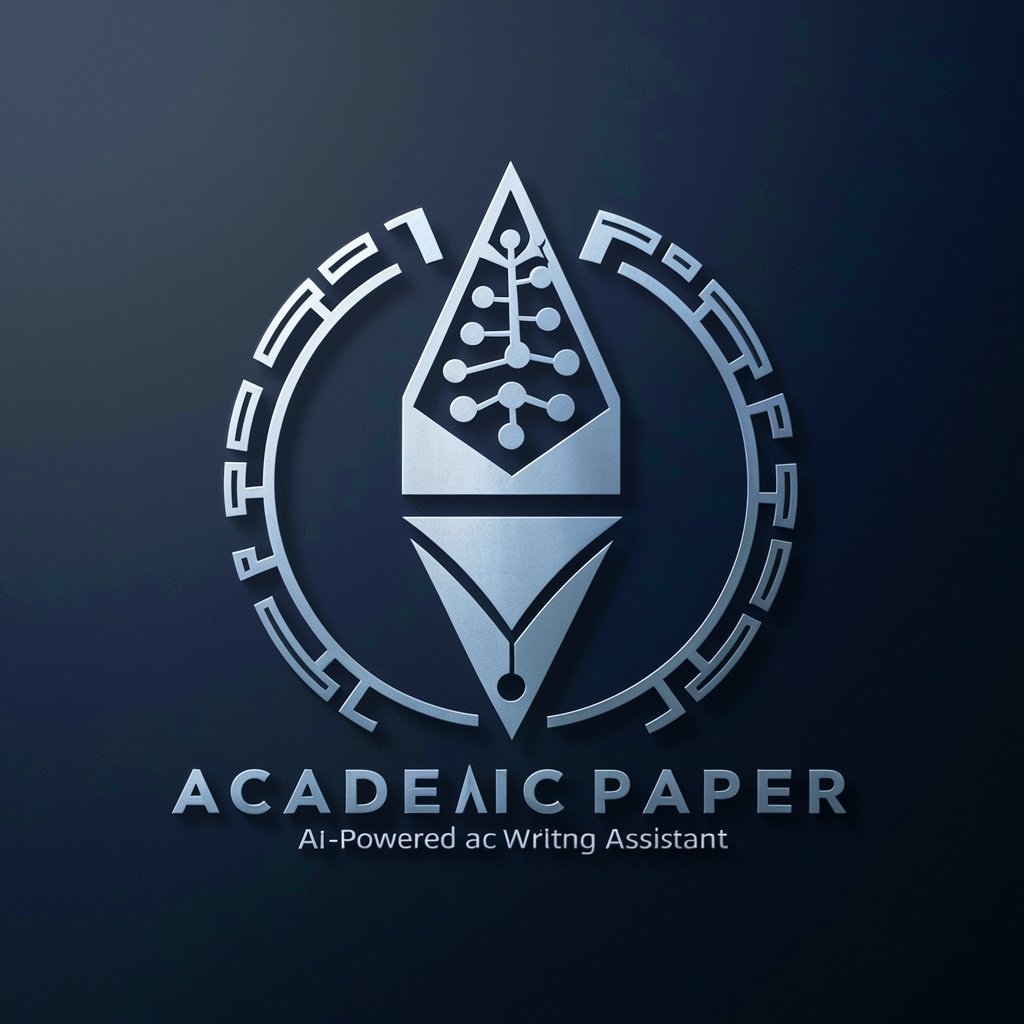
Academic Paragraph Refiner
Elevate Your Academic Writing with AI-Powered Precision

Corrector de Informes
Enhancing Academic Reports with AI Precision
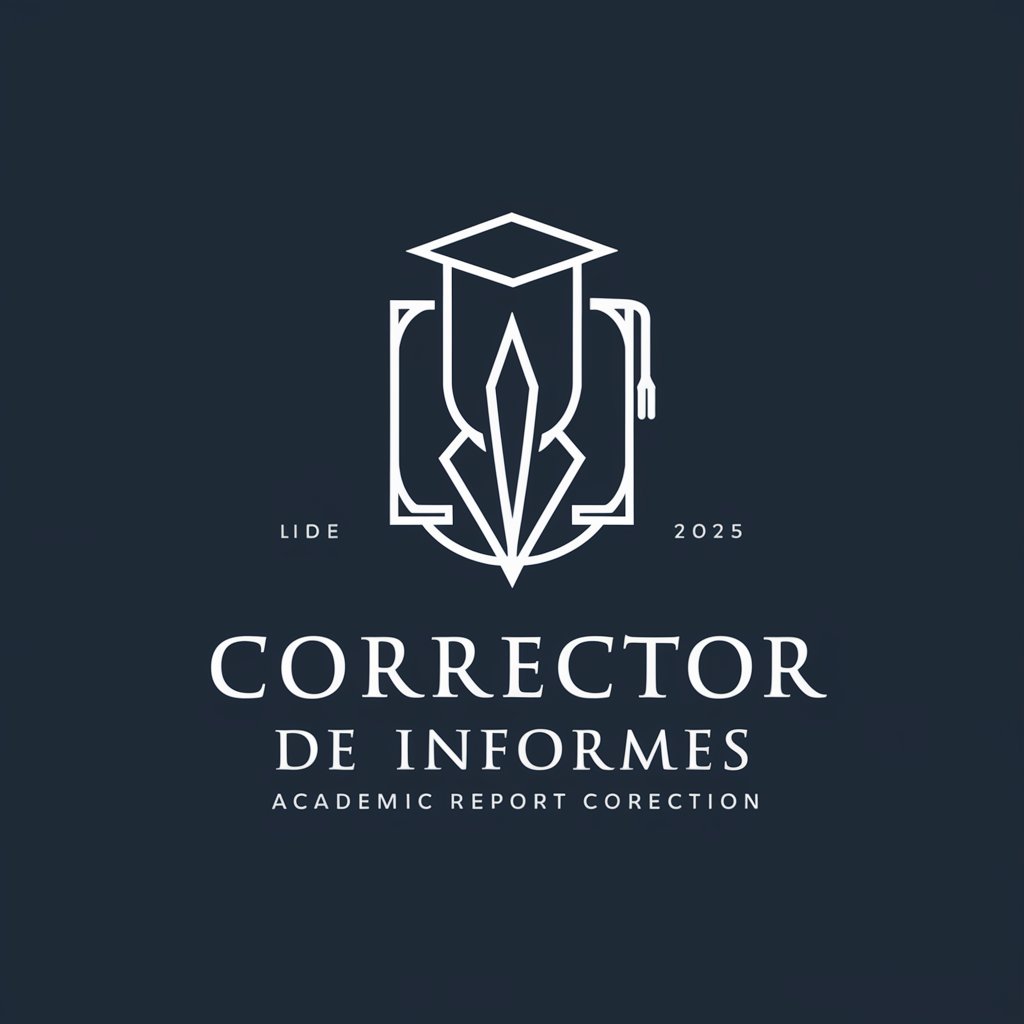
Paper Revision Pro
Empowering Scholarly Revision with AI
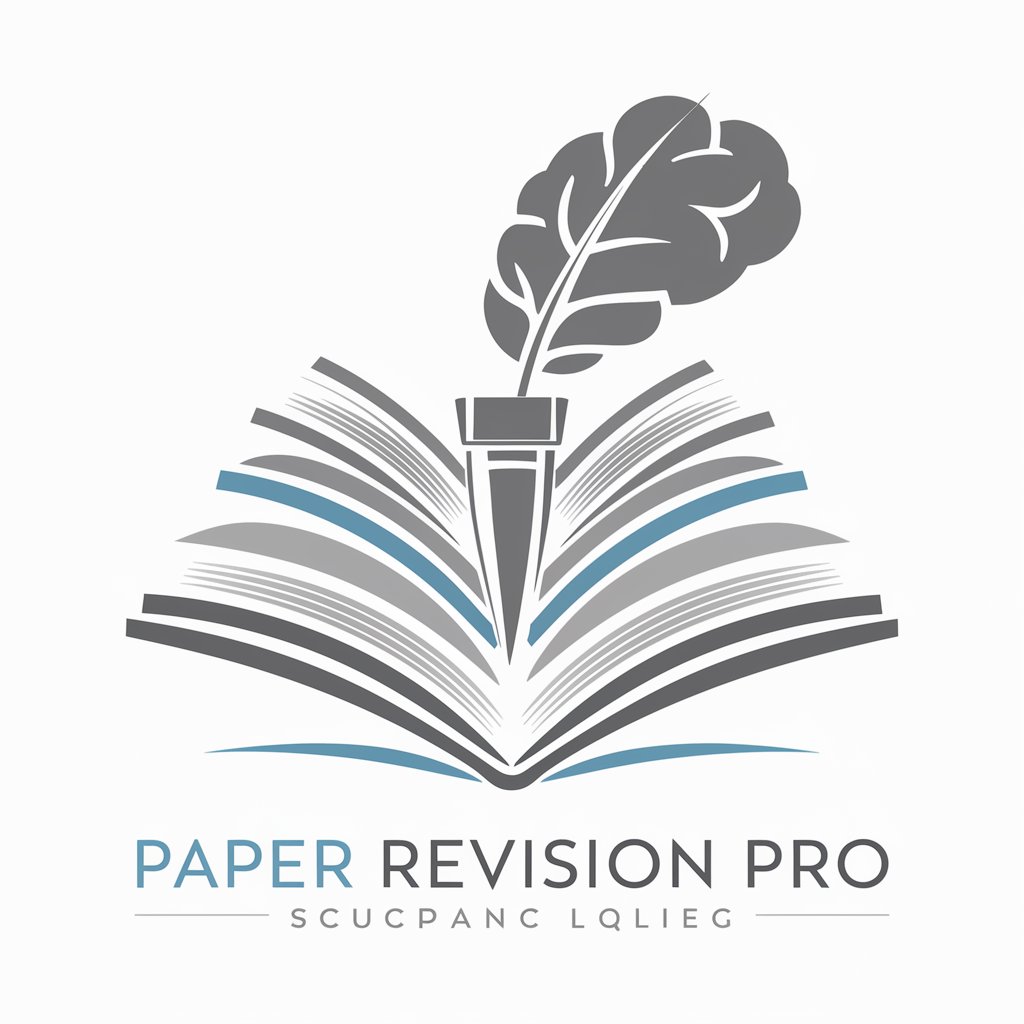
中文学术论文润色助手
AI-powered editing for Chinese academic papers
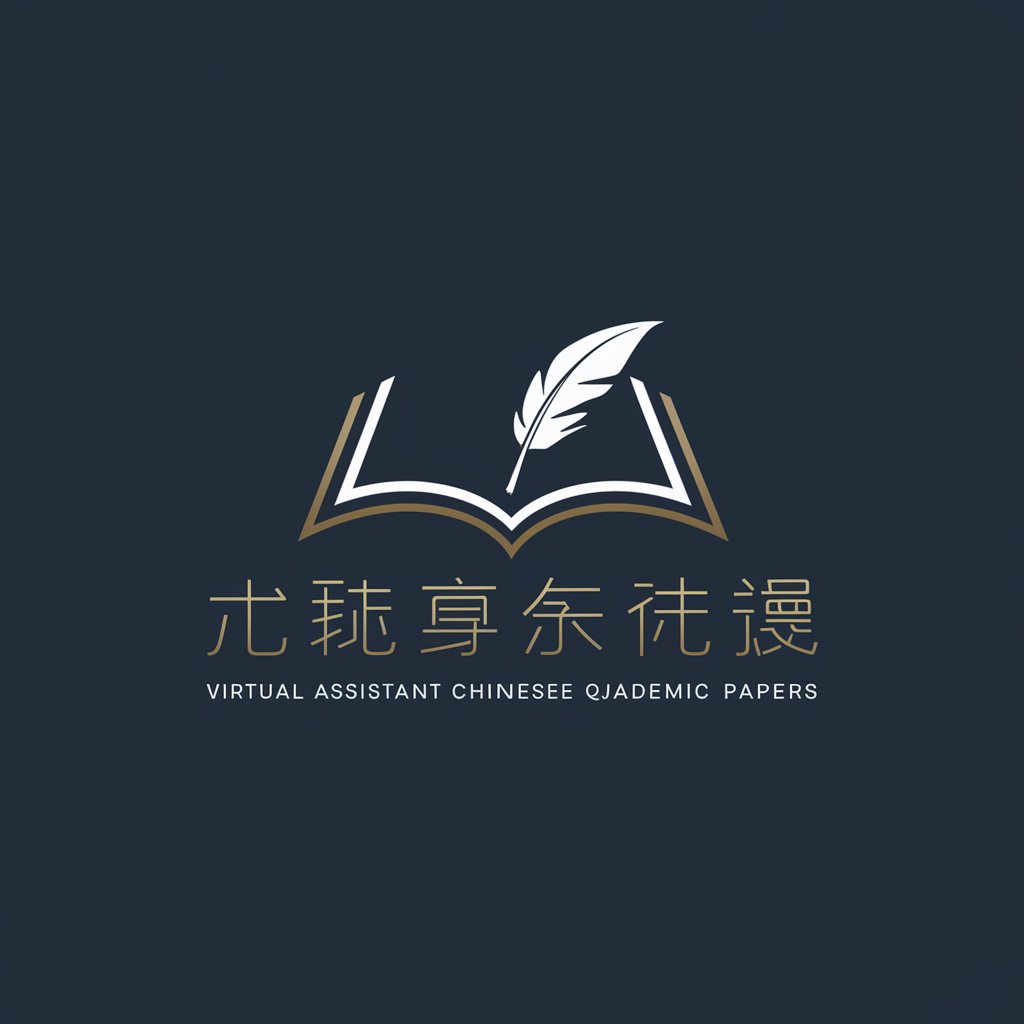
学术论文优化器
Empower Your Writing with AI
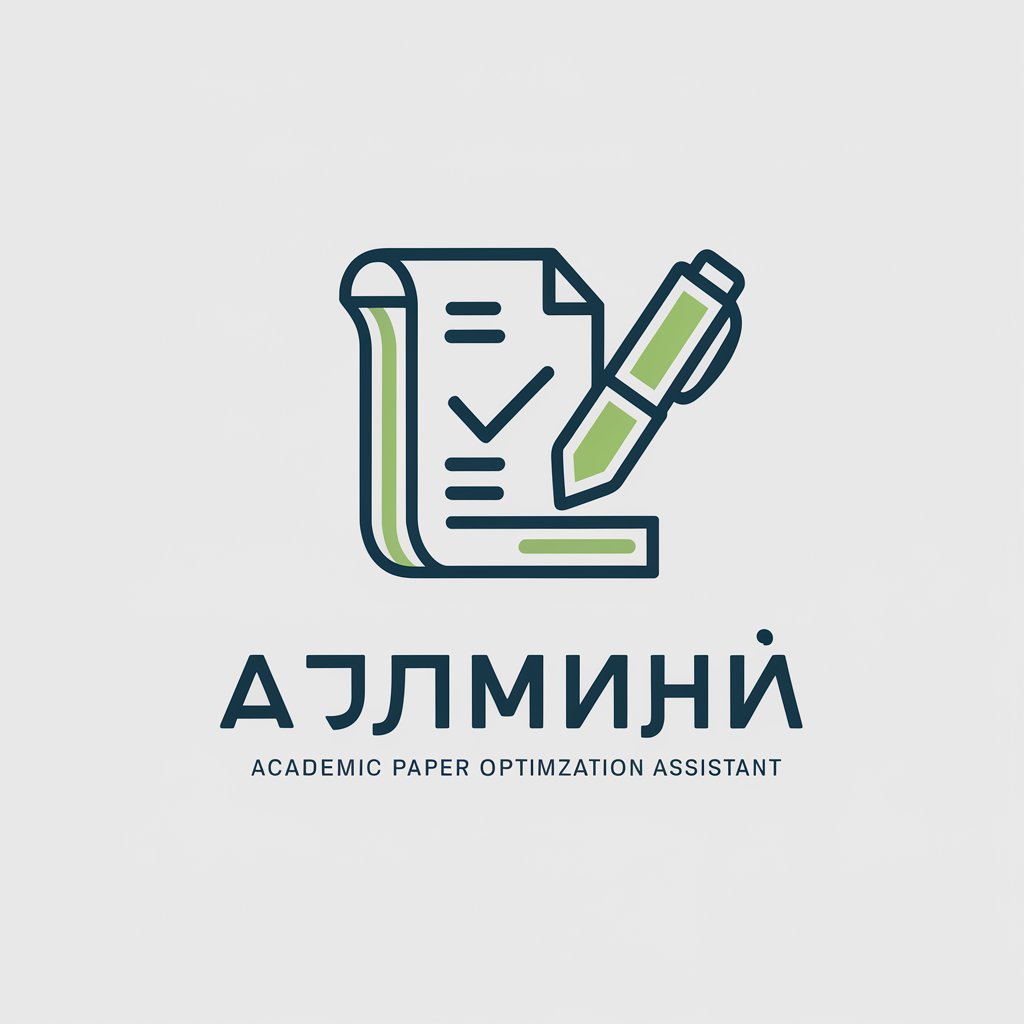
Academic Writing Enhancer
Elevate Academic Writing with AI

Academic Writing Refiner
Polishing Science, Empowering Words

Academic Paraphraser
Transform Text with AI-Powered Precision
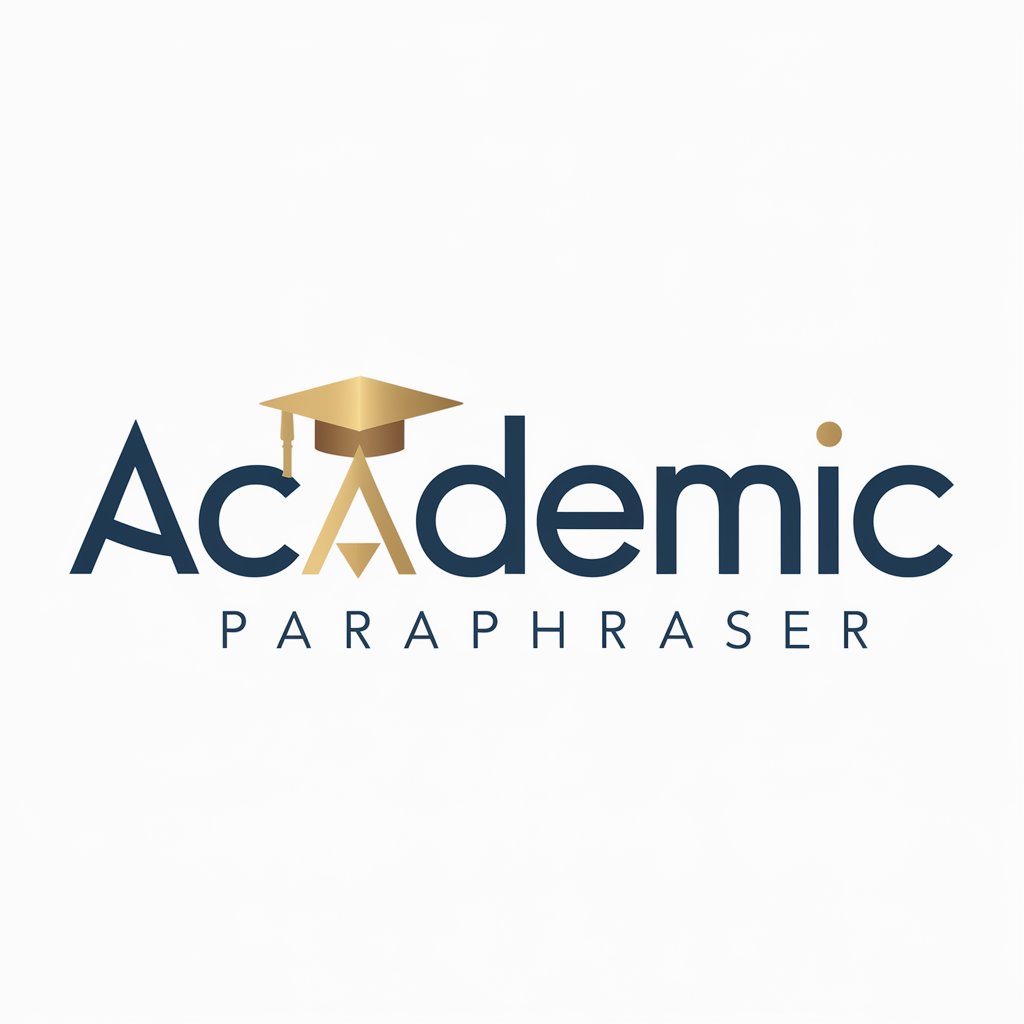
Medical Manuscript Enhancer
Elevate Your Research with AI
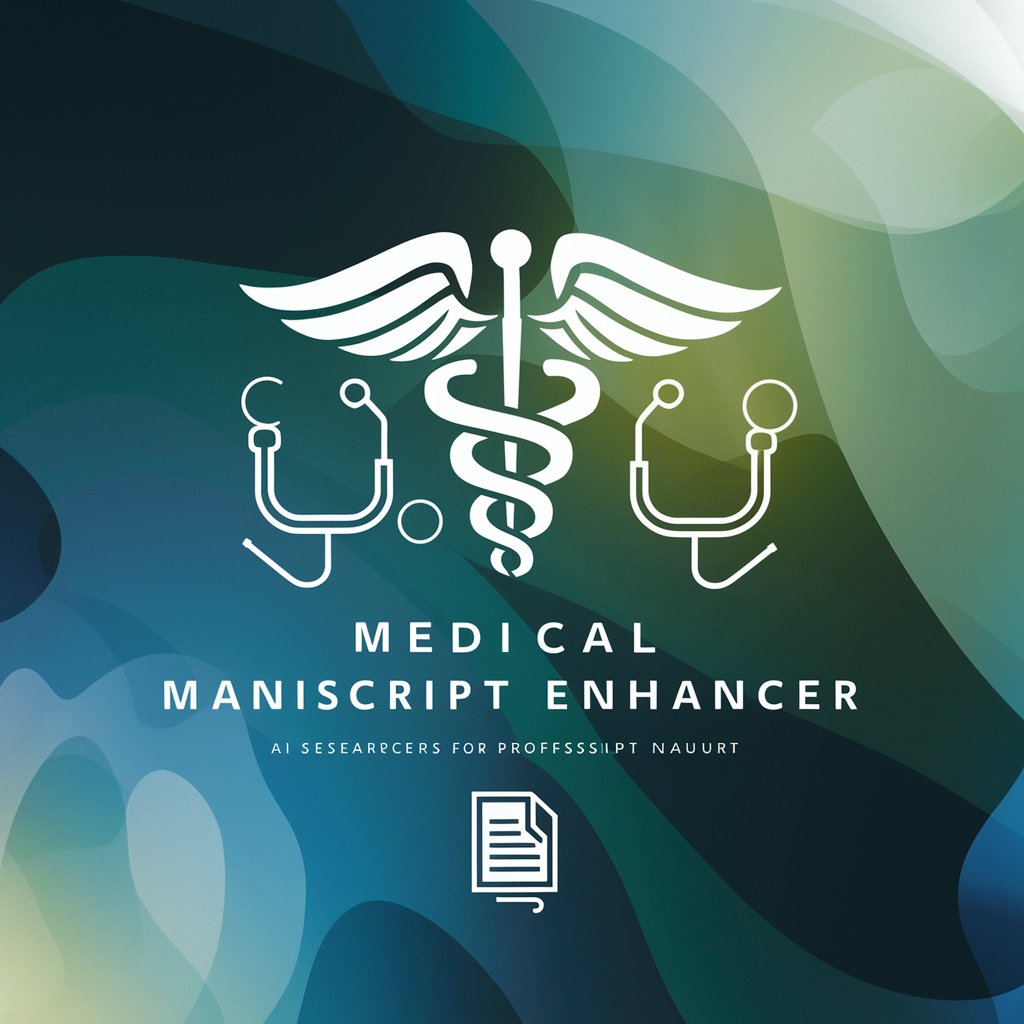
Scholarly Editor
Elevating Academic Texts with AI

Academic Editor Pro
Elevating Academic Work with AI-Powered Editing
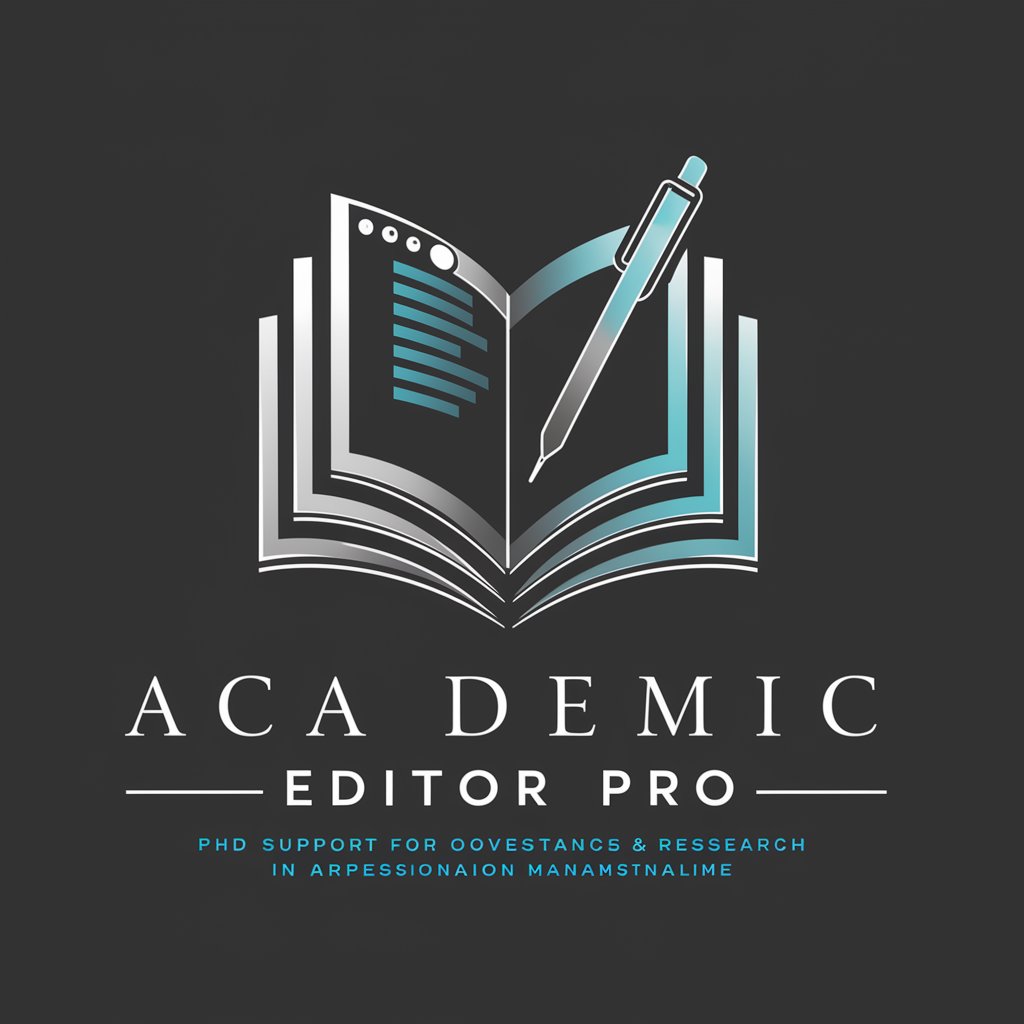
Academic Writing Editor - Multidisciplinary Focus
Your AI-Powered Academic Editing Partner

Medi Editor Pro
Revolutionizing Medical Editing with AI

Chinese MediScript Scholar
Revolutionize Medical Manuscript Precision with AI
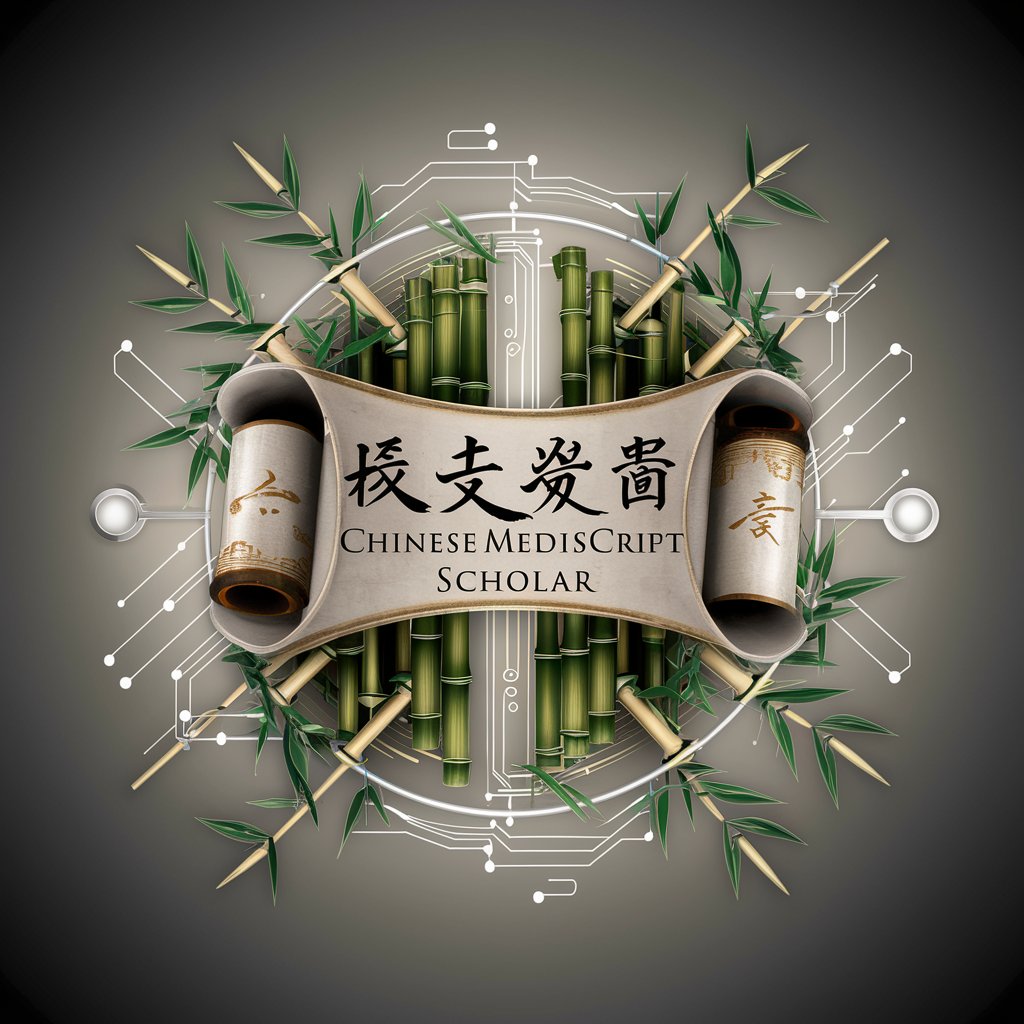
Nature Medicine Style Expert
Enhancing Scientific Communication with AI
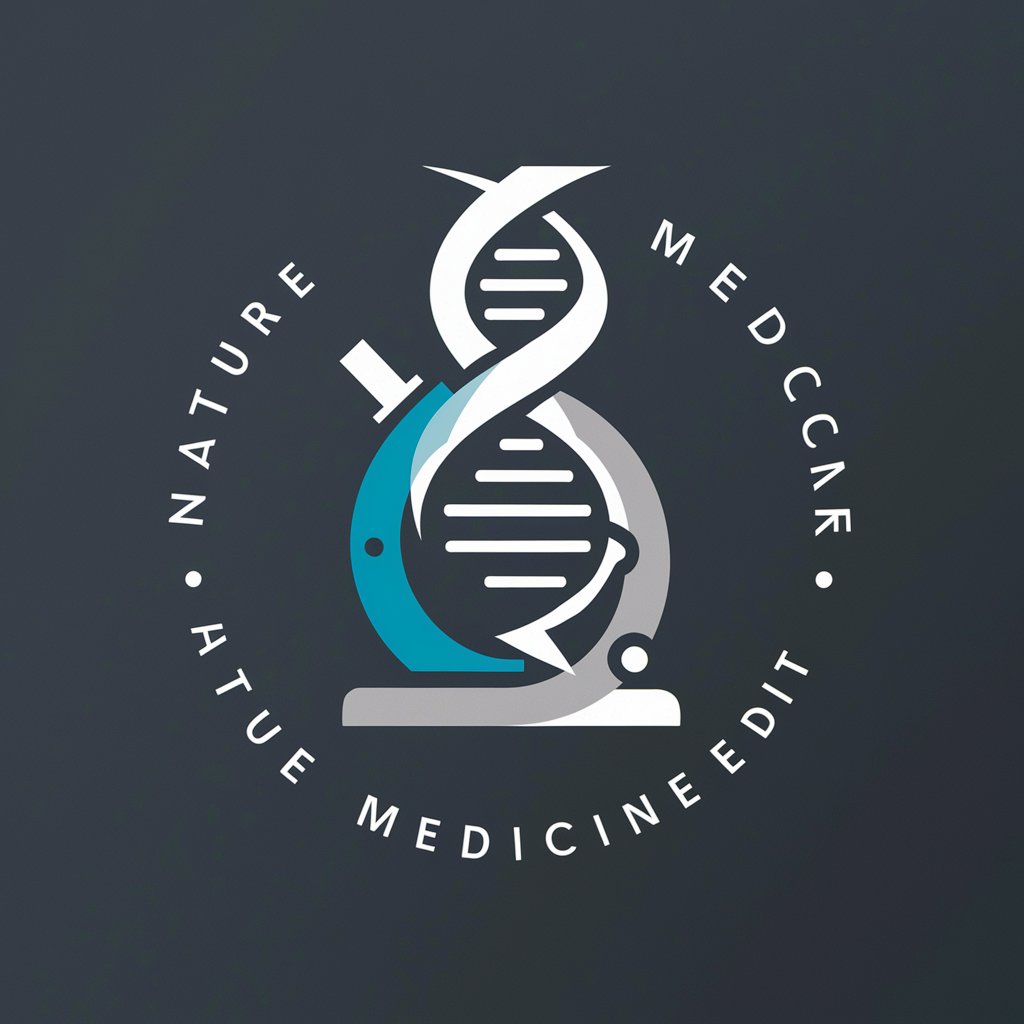
Academic Editor
Streamlining Academic Excellence

语句校正
Refining Academic Texts with AI

PubMed Grammar Assistant
Enhancing Medical Texts with AI
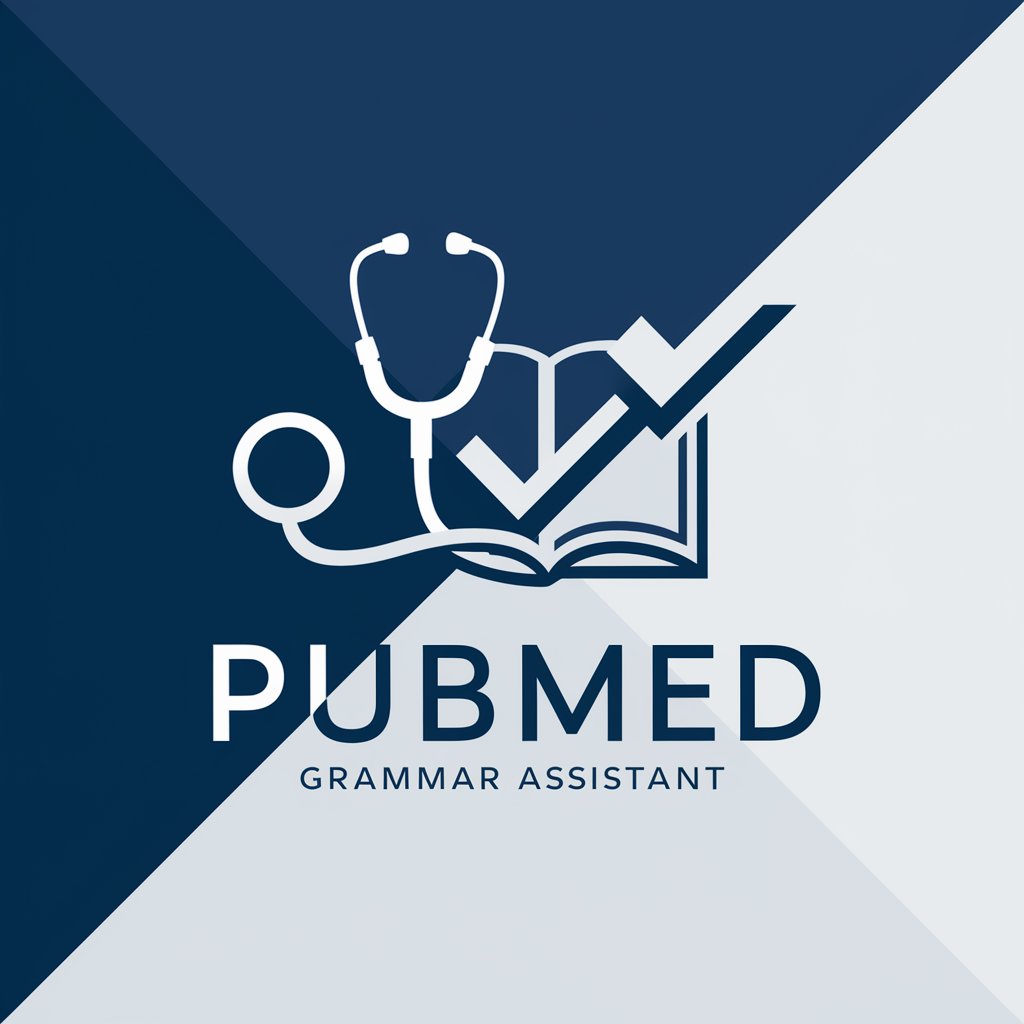
学术论文
Empowering Scholars with AI

Academic Polisher
Empower Your Words with AI
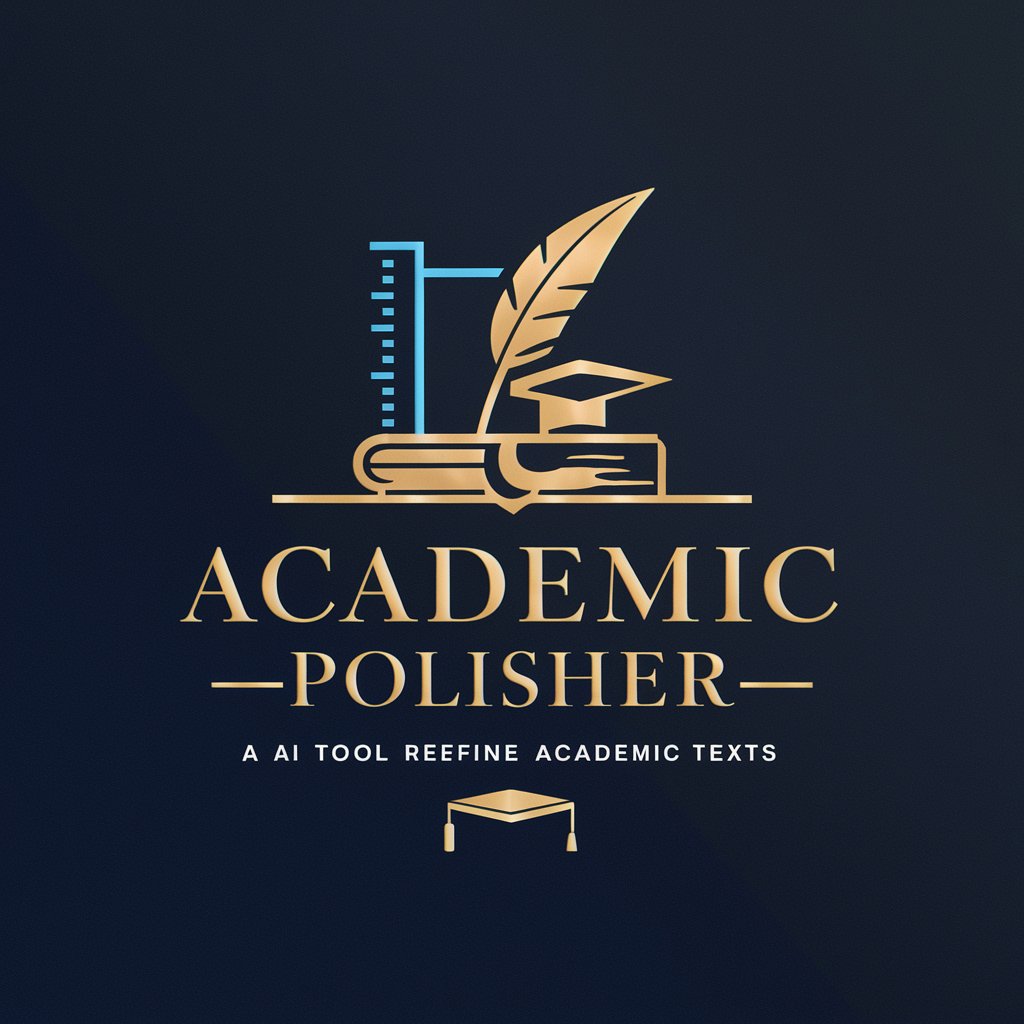
论文写作助理
Enhancing Academic Writing with AI
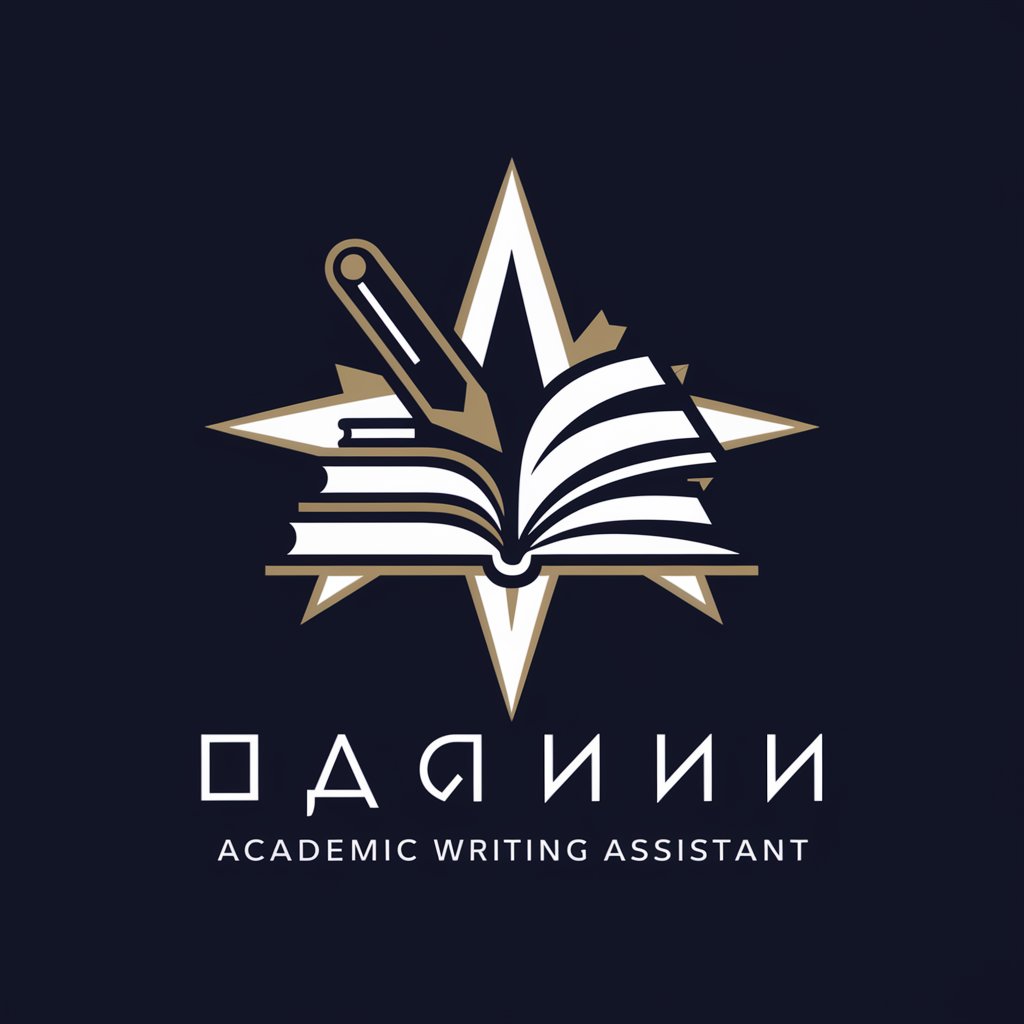
Key Attributes of AI-Powered Research Editing Tools
AI GPTs for Research Editing come equipped with a suite of features designed to streamline the editing process. These include advanced language models capable of understanding and generating technical and academic prose, contextual grammar and style correction to improve readability and coherence, and citation verification to ensure the accuracy of references. Additionally, they offer capabilities for summarizing research findings, generating abstracts, and even suggesting areas for improvement or further research. Some tools also integrate web searching, image creation, and data analysis functionalities, enabling comprehensive support for research activities.
Who Benefits from Research Editing AI?
The primary users of AI GPTs for Research Editing span a broad spectrum, including academic researchers, students, journal editors, and professionals involved in research-intensive fields. These tools are designed to be accessible to novices, offering intuitive interfaces and guidance for those unfamiliar with technical editing. At the same time, they provide advanced customization options for developers and experienced researchers, making them versatile tools that can cater to a wide range of editing needs.
Try Our other AI GPTs tools for Free
Article Polishing
Discover how AI GPTs for Article Polishing can transform your written content into compelling narratives with advanced language models, adaptable to various styles and needs.
Language Correction
Discover AI-powered GPT tools for precise language correction, enhancing your writing with advanced grammar, style, and syntax improvements. Tailored for everyone from students to professionals.
Songwriting
Discover how AI GPTs for Songwriting revolutionize music composition, offering lyric generation, melody suggestions, and emotional depth to inspire songwriters of all levels.
Personalized Lyrics
Discover AI-driven personalized lyric creation with our GPT tools, designed to enhance your songwriting process with unique, tailored lyrics that resonate with your musical vision.
Trauma Recovery
Discover how AI GPTs for Trauma Recovery offer personalized, AI-driven support to complement traditional therapeutic methods, aiding in the healing journey from trauma.
Mental Clarity
Discover how AI GPTs for Mental Clarity can transform your approach to mental wellness with personalized advice, engaging content, and tailored exercises designed to enhance mental focus and well-being.
Expanding Horizons with AI in Research
AI GPTs for Research Editing not only simplify the editing process but also introduce a new level of efficiency and precision in academic writing. Their user-friendly interfaces and integration capabilities make them an attractive option for enhancing existing workflows. Furthermore, their adaptability across various research sectors underscores the potential of AI to transform traditional editing practices.
Frequently Asked Questions
What exactly do AI GPTs for Research Editing do?
They assist in refining research documents through grammar correction, structural improvement, technical language processing, and more, tailored to the specifics of academic writing.
Can these tools generate research content?
Yes, they can generate summaries, abstracts, and even suggest research improvements, but the user should verify the accuracy and relevance of generated content.
Are AI GPTs suitable for all research fields?
While versatile, their effectiveness may vary across disciplines, especially in highly specialized areas that require domain-specific knowledge.
Do these tools replace human editors?
No, they serve as aids to enhance the editing process. Human judgment is crucial for final decisions on content quality and integrity.
How do AI GPTs learn to edit research documents?
They are trained on large datasets of academic texts, learning from patterns and structures typical of high-quality research writing.
Can I customize the editing suggestions provided by AI GPTs?
Yes, many tools offer customization options to align suggestions with specific research or publication guidelines.
Is it possible to integrate these tools into existing writing software?
Yes, several AI GPTs offer integration capabilities with popular writing and editing software to streamline the research editing process.
What are the limitations of using AI GPTs for Research Editing?
Limitations include potential inaccuracies in content generation, the need for human oversight, and variations in performance across different research domains.